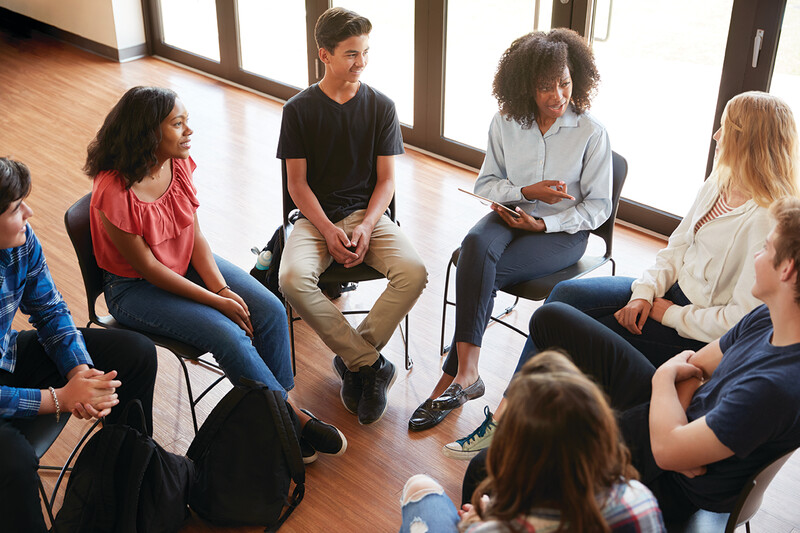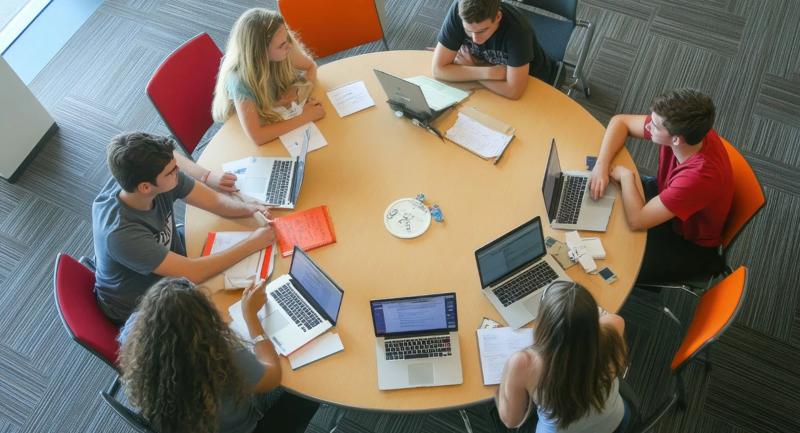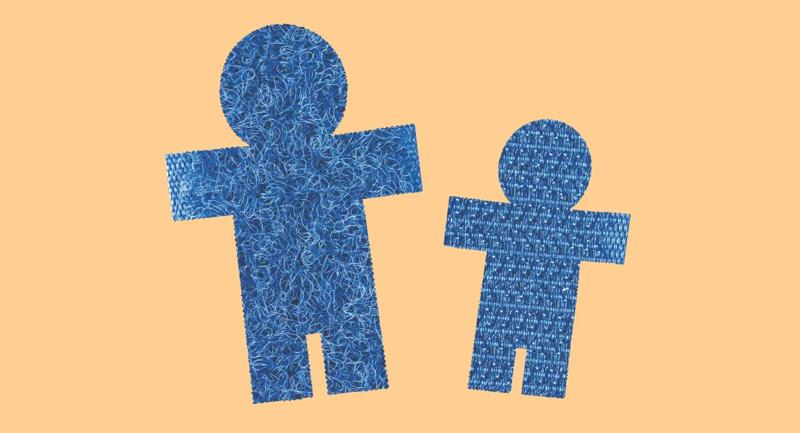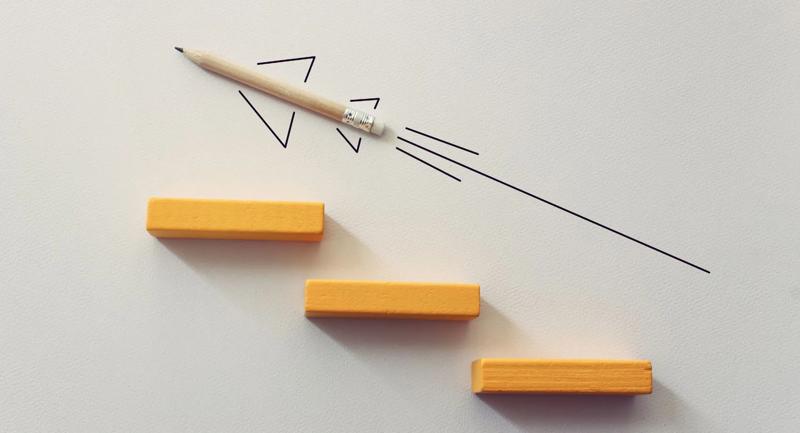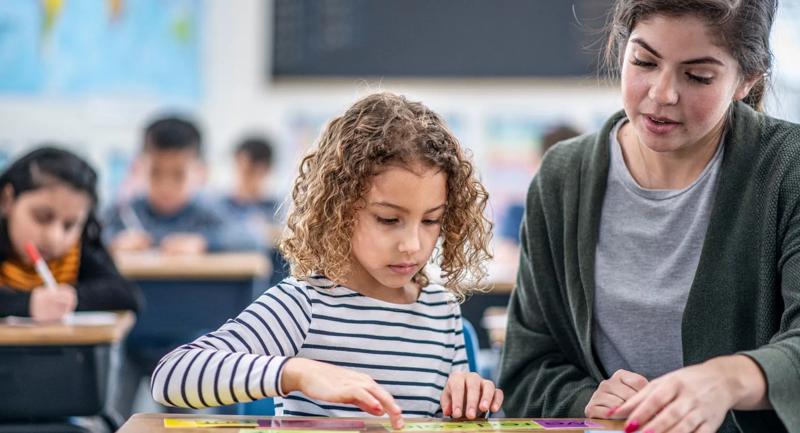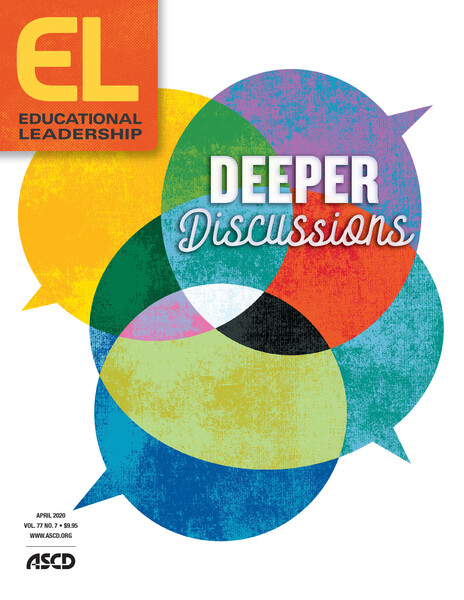A few months ago, a buddy showed me an Instagram video of a father playing basketball with his son, who was probably around 6. They seemed to be in the boy's bedroom, shooting a tiny rubber basketball against a plastic hoop affixed to the door with suction cups. The boy made a few shots, each of which was celebrated by the videographer, presumably the boy's mother. Then, in a brisk, unexpected motion, the father emphatically blocked his son's shot. The boy was still recovering when his father rose over him and dunked the ball, tearing the hoop off the wall and playfully escorting the boy to the ground—in the cushioned, infinitely safe and caring manner that fathers all over the world use in roughhousing with their children. The video ended as the proud father picked up his giggling son and gave him a look that said, "You aren't going to beat me until you beat me."
My own dad doesn't like sports. But, trust me, that man dunked on me early and often. Our basketball was debate. I was just as passionately opinionated as a youngster as I am now, and since I was an only child, the grown-ups around me were constantly subjected to my views on their world. While some treated me with either benign patronization or gentle sparring, Rosamond Kay went after me as if he were Muhammad Ali in Manila. If I was talking nonsense, he told me. If there was historical context that made my point moot, he told me.
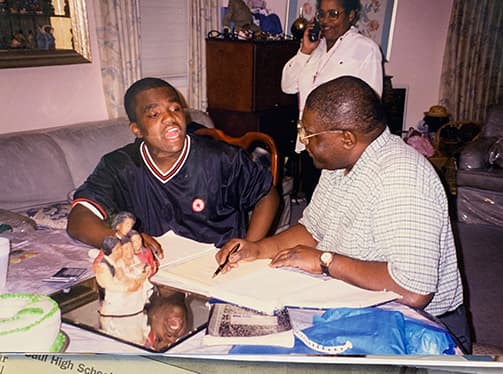
Teenage Matthew Kay and his father debating. Photo courtesy of Matthew R. Kay.
I left debates with my dad thinking, I need to read a book. I was always pulling myself off the canvas, always trying to hang in there just one more round, to make one more point to avoid looking foolish. I wanted to last as long as my Uncle Bill, who somehow managed to stick it out with his big brother in their marathon debates.
I don't know exactly when it happened, but around midway through middle school, I noticed that when our debates were cut off for dinner or bedtime, I was still standing. And this, in no small part, allowed me to maintain a healthy image of myself as I navigated the gauntlet of schoolyard bullies, standardized tests, and suspensions that made up my personal middle school hell.
No matter what the test said, I never felt dumb. No matter what the principal implied, I never felt out of control. If I could plan and execute a multi-pronged rhetorical attack on my father, I could focus. If I could parry his assertion thoughtfully, countering it with my own, I was smart. This confidence only grew—so that by the time I went off to college, I was never cowed by the suburban or private school kids who had gone to "better" schools. I just needed to read a book.
This is the kind of confidence that I want for my students. This is why we debate in my classroom. This is why I don't step in automatically just because an exchange causes the classroom temperature to rise. This is why verbal sparring is encouraged, why I teach students to recognize and call out logical fallacies, and to test the soundness of classmates' ideas. I am proud of my debate-friendly style as a discussion facilitator, and I share some techniques that have worked for me in my book, Not Light, But Fire (Stenhouse, 2018).
But in recent years, I've realized my dad's debating style taught me another lesson that has greatly impacted my teaching practice: humbly respect a strong point, regardless of its origin. Whenever I made a solid argument, whether I was 7 or 17, my dad acknowledged its soundness. I learned that healthy debate was about more than just asserting and clinging to your own views.
Teaching "Fearless Humility"
With this realization, I've grown more passionate about pushing students to grasp the importance of deliberation. In their wonderful book The Case for Contention: Teaching Controversial Issues in American Schools (University of Chicago Press, 2017), Jonathan Zimmerman and Emily Robertson write that "effective deliberators should be able to construct sound arguments for their positions, but should also be open to changing their views when confronted with better arguments" (p. 61). A few pages earlier, they put it another way, saying that our students "must learn why a well-reasoned argument is different from a mere expression of opinion, and hence that some interpretations miss the mark. Students must learn that one's opinion can be wrong" (p. 51).
This lens forces us teachers who use debate to reexamine the way that we engage students in controversial material. We might be good at teaching students to express their opinions, to back them up with evidence, to present themselves clearly; but how might our curriculum teach students to recognize and appreciate objectively "better" ideas—those that ultimately make more sense, are backed up by better science, or are kinder or more humane? How do we help students not feel threatened by others' views and arguments, as so much of the adult world seems to be?
In Not Light, But Fire, I wrote:
We should ask ourselves how often we give students the opportunity—and permission—to be convinced. So many of our traditional ways of dealing with controversial issues in the classroom involve students trying to convince others. We set up formal debates and host classroom trials, both of which are quite useful … [but] if we always position our students to be on the offensive, and base most of our incentives (grades, teacher praise, and so on) on winning, we condition our students to never acknowledge better arguments. I, for one, have often counseled students to not 'lose focus' and to stick to their claim, regardless of what an opponent says. This stubbornness is supported by traditional thesis essays, which often reward dogged focus on a single argument: we teach students to point out the other side's flaws while ignoring its merits. (p. 81)
Debate can play a huge role in deepening classroom inquiry, especially about important issues surrounding race, gender, sexuality, and other topics that are often treated like classroom "third rails." However, it's not enough to debate. We must also find a way, while building students' confidence, to systemically encourage them to recognize and engage in "better" arguments with fearless humility.
This idea applies to us as teachers as well, with all of our advanced degrees and professional experience. After all, when I mentioned to my dad that I was planning to open this piece by describing our debates, he told me, "I just wanted you to think clearly, and even though you were a little kid, I was always open to the possibility that I might learn something from you."
For true scholars, from novices to veterans, there will never be shame in picking up a book and trying again later.
